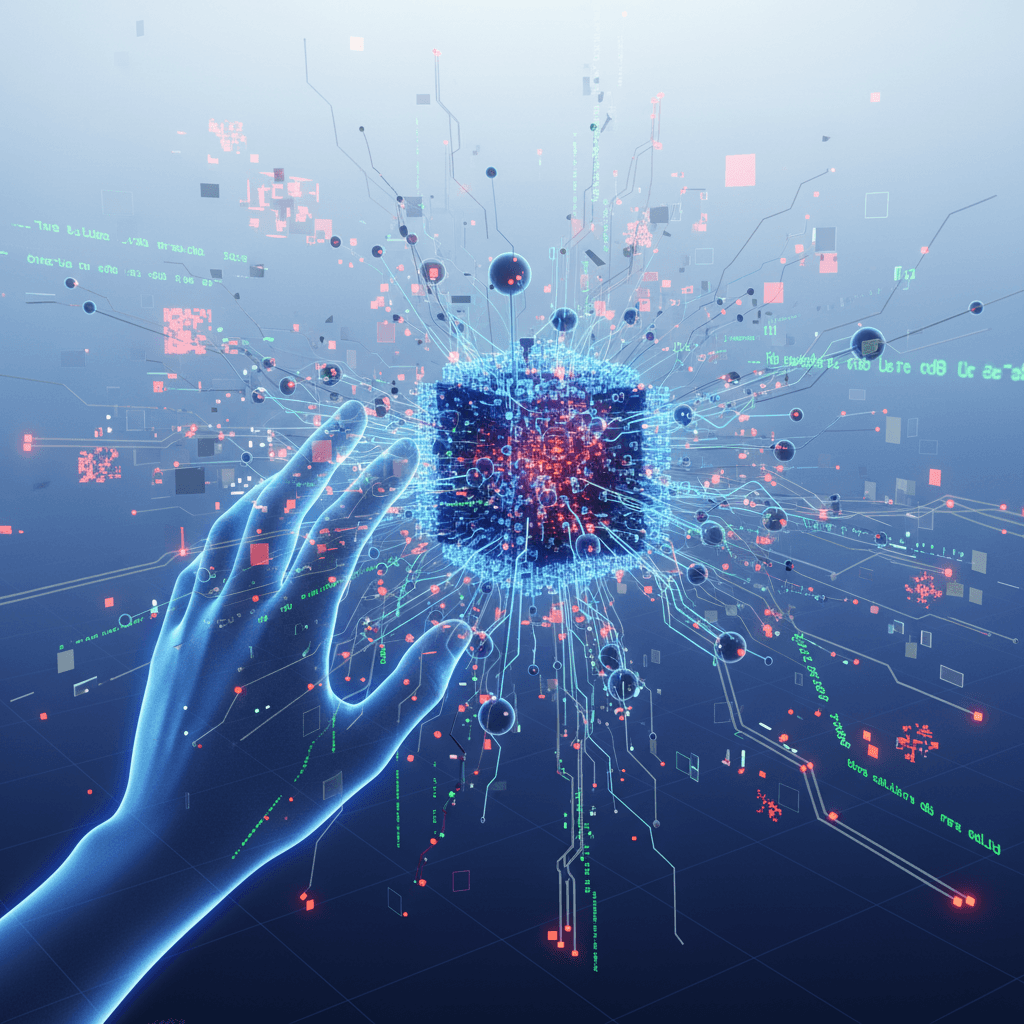Anthropic Confirms Bugs Degraded Claude AI's Coding Prowess
After weeks of complaints about "dumber" AI, Anthropic confirms bugs, scrambling to restore developer trust in Claude's code.
September 9, 2025

After weeks of mounting complaints from developers about a noticeable decline in the coding capabilities of its AI models, Anthropic has confirmed the existence of technical bugs and launched a deeper investigation into the issue.[1] Users across social media platforms and developer forums had been reporting a significant degradation in the performance of Claude, particularly its ability to generate and debug code, leading to speculation about intentional performance throttling or "nerfing."[1] The company has since acknowledged and resolved two separate bugs that affected its Sonnet and Haiku models and is continuing to investigate reports concerning its most powerful model, Opus.[2]
The wave of criticism from the developer community began to swell in late August 2025, with users detailing a range of frustrations.[1] Reports cited instances of the AI becoming "lazy," forgetting context in the middle of complex tasks, ignoring explicit instructions, and providing incomplete or nonsensical code with unwarranted confidence.[3][4] Some developers noted that Claude would lose track of a project's structure, ask for information that had already been provided, and even falsely claim to have completed tasks.[3][5] One user on Reddit described the model as having become "significantly dumber," complaining that it ignored its own plans and messed up the code.[1] These experiences marked a stark contrast to the initial reception of models like Claude 3, which had been hailed as a "game-changer" for their sophisticated logic and elegant code generation.[3] The frustration was compounded by a perceived lack of communication from Anthropic, leaving its paying customers feeling ignored.[6]
In response to the growing backlash, Anthropic issued a statement acknowledging the user feedback and confirming the technical issues.[1] The company identified and resolved two specific bugs. The first affected a small percentage of requests for the Claude Sonnet 4 model between August 5 and September 4, with the impact worsening after August 29.[7][8] A second, separate bug impacted some requests for both the Claude Haiku 3.5 and Sonnet 4 models between August 26 and September 5.[8][2] Anthropic is also actively investigating similar performance degradation reports from users of its high-end Claude Opus 4.1 model.[1][2] In its public statements, the company has been firm in denying any intentional downgrading of its models to manage demand or save on costs, attributing the problems solely to "unrelated bugs."[8][2]
This incident highlights a critical challenge in the rapidly evolving AI industry: maintaining model consistency and user trust. The phenomenon of perceived or actual "model drift," where an AI's performance changes over time, is not unique to Anthropic. OpenAI's ChatGPT has faced similar user complaints and accusations of becoming "lazy" in the past.[9] These episodes underscore the fragility of the user-developer relationship in the AI space. When tools that professionals rely on for mission-critical work become unreliable, it erodes confidence and can drive users to competing platforms.[7][3] The community's reaction to Anthropic's announcement was mixed, with some expressing relief at the acknowledgment while others demanded more technical transparency, subscription refunds for the period of degraded service, and improved issue response mechanisms.[7]
The confirmation of bugs provides a concrete explanation for the performance issues that frustrated many developers, moving the conversation away from speculation about deliberate "nerfing" and toward the technical complexities of maintaining large-scale AI systems.[9][1] As Anthropic continues its investigation into the problems affecting its Opus model, the broader AI community will be watching closely. The incident serves as a potent reminder that even the most advanced AI models are not immune to technical glitches and that transparent communication and swift resolution are paramount to retaining the trust of the developers who are integrating these powerful tools into their daily workflows. The long-term impact on Anthropic will depend not only on fixing the immediate bugs but also on rebuilding confidence that its platforms are stable and reliable.[3]
Sources
[2]
[3]
[4]
[5]
[6]
[7]